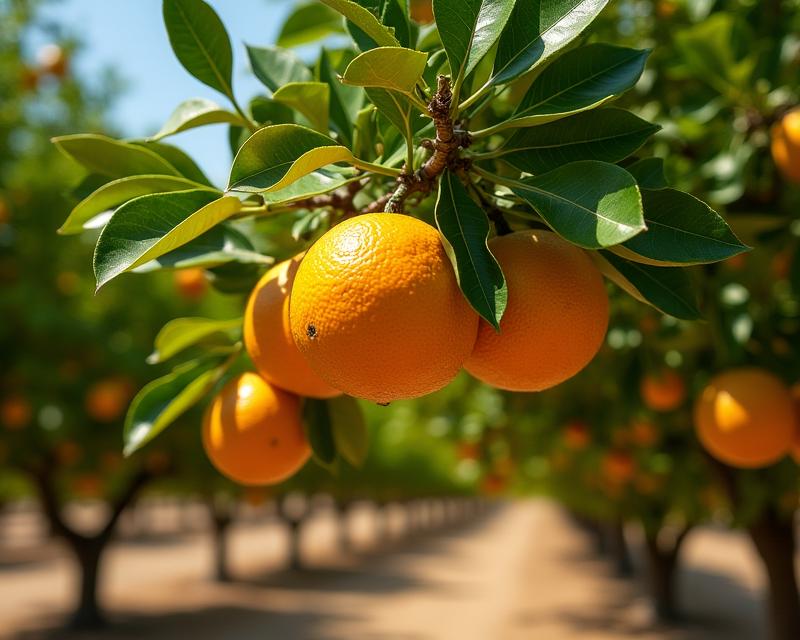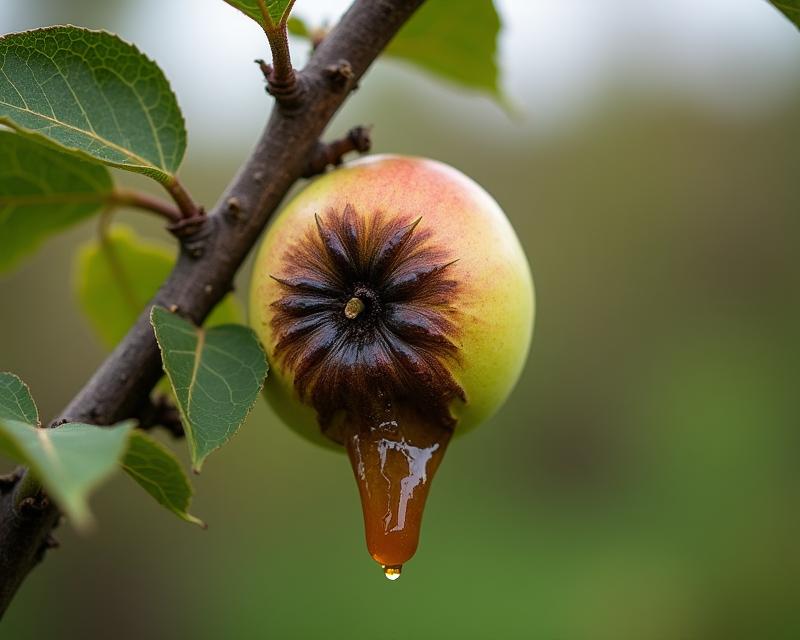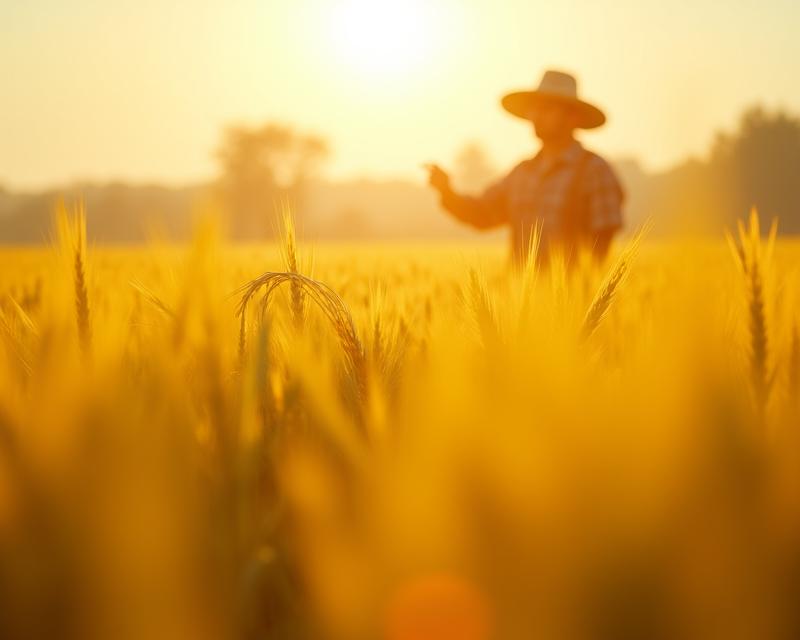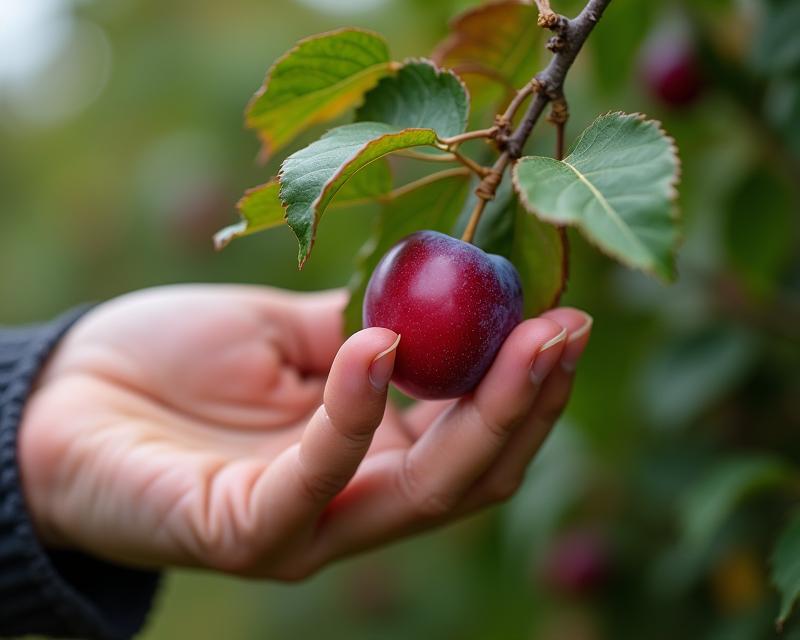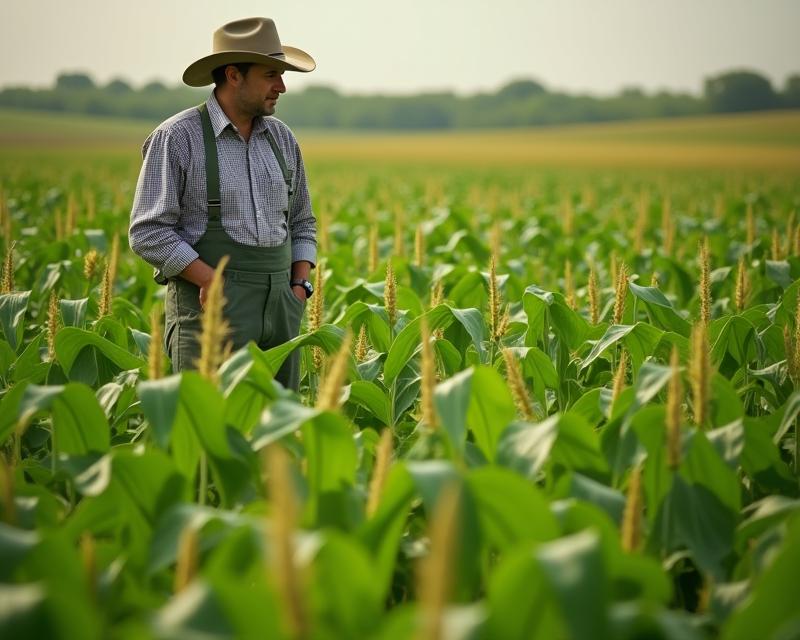Canola in the North: Weighing the Pros & Cons
Publish in Crops el 01/07/2025 02:57
Canola in the North: Weighing the Pros & Cons
Thinking about growing canola in your northern U.S. fields? It's a popular choice for good reason, but like any crop, it comes with its own set of challenges and rewards. Let's dive into the pros and cons to help you decide if canola is the right fit for your farm!

What is Canola?
Canola (rapeseed) is a versatile oilseed crop. It's known for its oil-rich seeds, which are used to produce cooking oil, biodiesel, and other products. It's also a great cover crop, helping to improve soil health.
The Upsides: Why Grow Canola?
One of the biggest advantages of growing canola in the northern U.S. is its cold tolerance. Canola can withstand colder temperatures than many other oilseed crops, making it well-suited to shorter growing seasons. It's also relatively fast-growing, maturing quicker than crops like soybeans. This allows for a quicker return on investment. Furthermore, canola can be a valuable rotation crop, breaking up disease cycles and improving soil structure. It's also a good option for farmers looking to diversify their crops and potentially benefit from fluctuating market prices for oilseed crops. Finally, canola can be an excellent cover crop, suppressing weeds and preventing soil erosion during fallow periods.
The Downsides: Challenges to Consider
Despite its benefits, growing canola isn't without its hurdles. Weed control is a major concern. Canola can be susceptible to a wide range of weeds, and effective weed management is crucial for a successful harvest. This often requires careful planning and the use of herbicides. Another challenge is the risk of frost damage, especially during early spring planting. While canola is cold-tolerant, a late frost can still damage emerging plants. Market price volatility is also a factor; canola prices can fluctuate significantly depending on global supply and demand. Finally, some farmers experience issues with pests like aphids and flea beetles, which can impact yield if not managed properly.
Making the Decision
Ultimately, the decision of whether or not to grow canola depends on your specific farm conditions, resources, and risk tolerance. Consider your soil type, climate, weed pressure, and access to equipment. Research local market prices and potential yields. Talking to other farmers in your area who grow canola can provide valuable insights. With careful planning and management, canola can be a profitable and beneficial addition to your northern U.S. farm!
